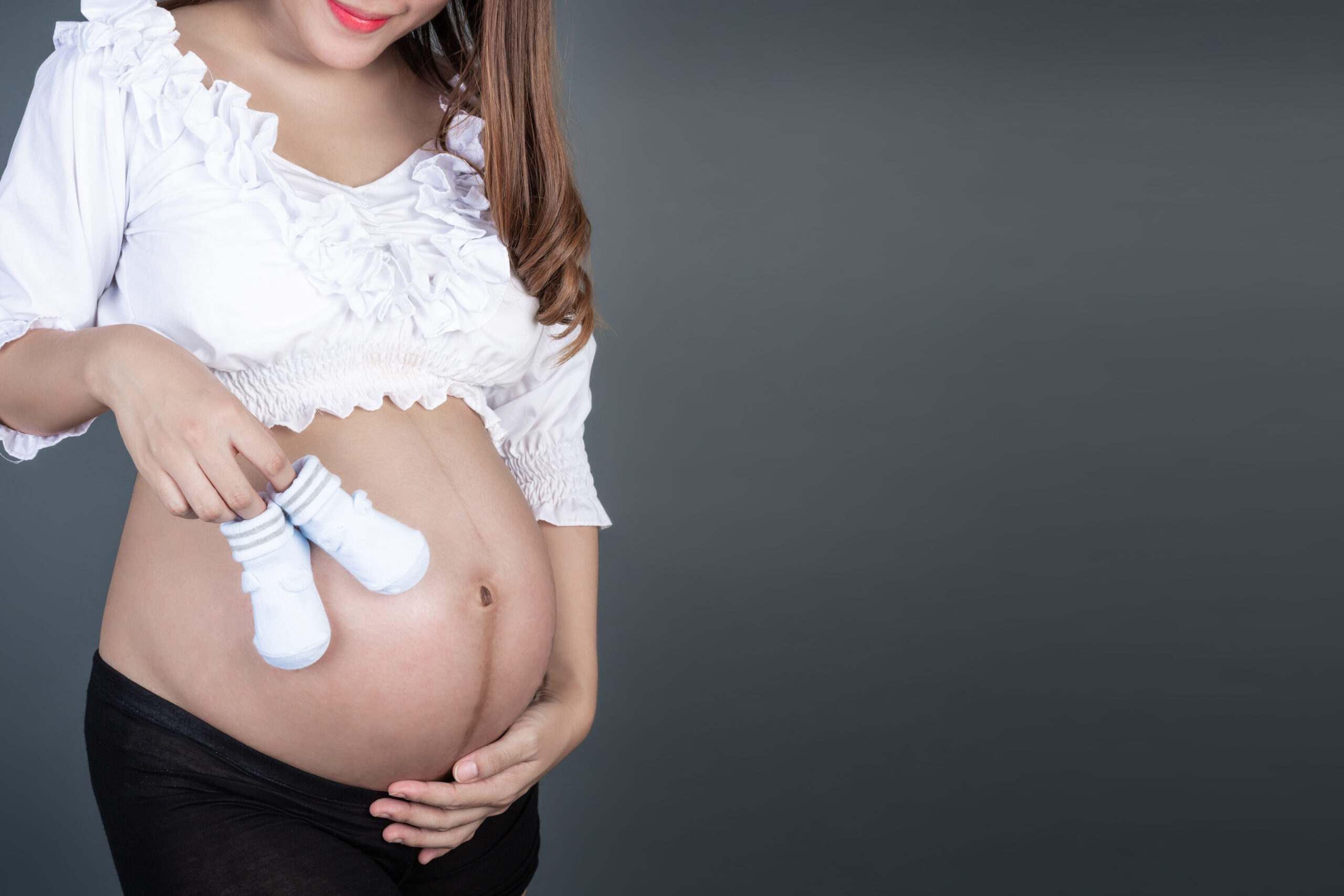Learn when you can take a pregnancy test for the most accurate results. Explore the science behind early detection, types of tests, and tips for ensuring a reliable outcome.
Whether you’re trying to conceive or worried about a missed period, knowing when to take a pregnancy test is essential. With advancements in medical technology, pregnancy tests can now detect a pregnancy earlier than ever before. But how early is too early, and what factors influence the accuracy of the test? This article explores everything you need to know about taking a pregnancy test, including the best time to test, how pregnancy tests work, and what you can expect from early detection.

Understanding How Pregnancy Tests Work
Pregnancy tests work by detecting the hormone human chorionic gonadotropin (hCG), which is produced after a fertilized egg implants into the lining of the uterus. This hormone is present in both your blood and urine, and it’s what at-home pregnancy tests use to determine whether you’re pregnant.
- hCG Levels and Early Detection
After implantation, hCG levels increase rapidly, doubling every 48 to 72 hours. The earliest a home pregnancy test can detect hCG is around 7-10 days after ovulation, which is when implantation typically occurs. However, the timing of ovulation can vary, so it’s important to understand your cycle. - Types of Pregnancy Tests
There are two main types of pregnancy tests:- Urine Tests: These can be done at home or at a doctor’s office and are the most common type of pregnancy test.
- Blood Tests: These are more sensitive and can detect lower levels of hCG earlier than urine tests. Blood tests must be done in a medical facility.
When Can You Take a Pregnancy Test?
Knowing when to take a pregnancy test depends on various factors, including the regularity of your menstrual cycle, when you ovulate, and the sensitivity of the test you are using.
- Testing Before a Missed Period
Some pregnancy tests advertise that they can detect pregnancy as early as 5-6 days before a missed period, but the accuracy at this stage is lower. The amount of hCG in your urine might not be high enough for the test to detect it. If you test early and get a negative result, it doesn’t necessarily mean you’re not pregnant—you may have tested too soon. For the most accurate result, it’s best to wait until at least the first day of your missed period. - Testing After a Missed Period
Most pregnancy tests are most accurate when taken after a missed period. This is because hCG levels are higher, making detection easier. At this stage, pregnancy tests are up to 99% accurate if used correctly.- For more information on early pregnancy symptoms, check out our Pregnancy Symptoms & Signs category.
- Factors That Can Affect the Accuracy of a Pregnancy Test
Several factors can influence the accuracy of a pregnancy test:- Testing Too Early: If you test too soon after ovulation, the hCG levels might not be high enough to detect.
- Using an Expired Test: Always check the expiration date on your test before using it.
- Not Following Instructions: Different brands have different instructions for how long to wait before reading the result.
- Diluted Urine: Testing later in the day or after drinking a lot of fluids can dilute the hCG concentration in your urine.
- Best Time of Day to Take a Pregnancy Test
The best time to take a pregnancy test is first thing in the morning when your urine is most concentrated. This is especially important if you’re testing early, as higher concentrations of hCG will improve the test’s accuracy.
Types of Pregnancy Tests and Their Sensitivity
Different pregnancy tests have varying levels of sensitivity, meaning some can detect lower levels of hCG earlier than others.
- Early Result Pregnancy Tests
Early-result tests can detect pregnancy as early as six days before your missed period. However, the earlier you test, the higher the chance of getting a false-negative result. These tests are designed to detect lower levels of hCG—sometimes as low as 10 mIU/mL.- For more on pregnancy testing, explore our Pregnancy Testing section.
- Standard Pregnancy Tests
Standard pregnancy tests detect hCG levels of around 25 mIU/mL. They are typically accurate starting from the first day of your missed period. If you have a regular cycle, waiting until your period is late will give the most reliable results.
Common Pregnancy Symptoms to Watch For
While a pregnancy test is the most reliable way to confirm pregnancy, many women experience symptoms that prompt them to take a test. Some early symptoms of pregnancy can appear as soon as one to two weeks after conception.
Early Signs of Pregnancy:
- Missed period: The most common early sign of pregnancy.
- Nausea: Often referred to as morning sickness, it can occur at any time of the day.
- Breast tenderness: Hormonal changes may make your breasts feel sore or swollen.
- Fatigue: Increased levels of progesterone can cause tiredness.
- Frequent urination: As your body produces more blood, your kidneys have to process more fluid, leading to more trips to the bathroom.
- Read more about these symptoms in our detailed Pregnancy Symptoms guide.
When Should You See a Doctor?
If you receive a positive pregnancy test result, your next step is to schedule an appointment with a healthcare provider to confirm the pregnancy and start prenatal care. If you receive a negative result but still haven’t had your period, wait a few days and test again, or consult a doctor for a blood test, which can detect pregnancy earlier than a urine test.
False Positives and Negatives
- False-Negative Results
A false-negative result occurs when you’re pregnant, but the test says you’re not. This is more common when testing early because your hCG levels may not be high enough for detection. - False-Positive Results
False-positive results, where the test says you’re pregnant when you’re not, are less common but can occur. This can happen due to certain medications containing hCG, recent pregnancy loss, or medical conditions like ovarian cysts.- For postpartum care and emotional well-being, visit our Postpartum Care section.
Frequently Asked Questions (FAQ)
Q: Can you take a pregnancy test at night?
A: While you can take a pregnancy test at any time of day, testing first thing in the morning when your urine is most concentrated increases the chances of an accurate result, especially if you’re testing early.
Q: Can a pregnancy test detect pregnancy at 1 week?
A: Most pregnancy tests won’t detect hCG until at least 10-12 days after ovulation, which is about 3-4 days before your missed period. Testing too early may result in a false negative.
Q: How accurate are home pregnancy tests?
A: Home pregnancy tests are up to 99% accurate when used correctly after a missed period. Testing before your period is due reduces accuracy.
Conclusion: Timing Is Key for Accurate Pregnancy Tests
Understanding when to take a pregnancy test is essential for ensuring accurate results. While early testing is possible, it’s important to know that testing too soon can lead to false negatives. For the most reliable outcome, wait until the day of your missed period or later to take the test. Always follow the test’s instructions carefully, and remember that if you’re unsure, you can confirm the result with a healthcare provider.
External Links:
- Learn more about Human chorionic gonadotropin on Wikipedia.
